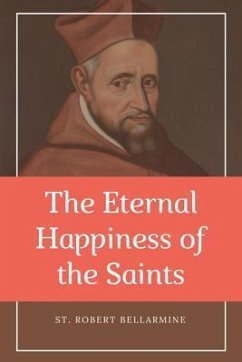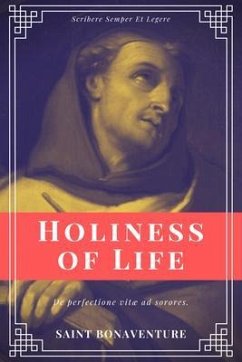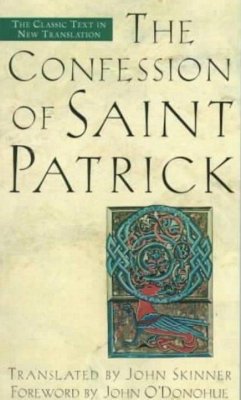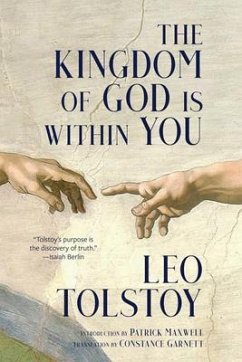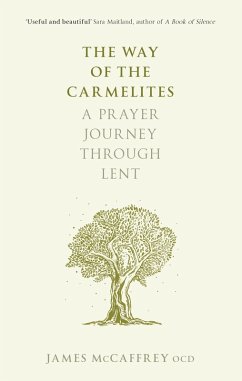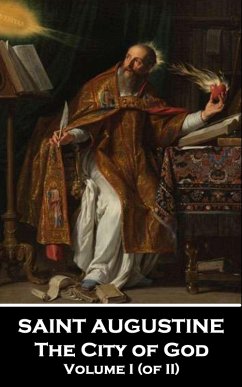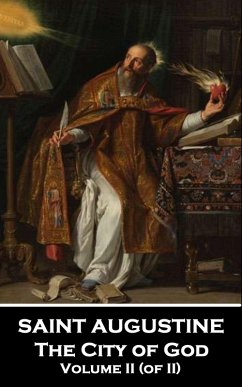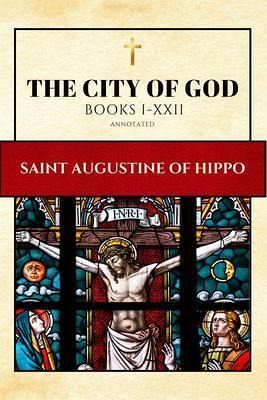
The City of God (Annotated) (eBook, ePUB)
BOOKS I-XXII

PAYBACK Punkte
1 °P sammeln!
COMPLETE EDITION ANNOTATED- BOOKS I-XXII>1000)."The City of God, for those who can understand it, contains the secret of death and life, war and peace, hell and heaven."-Thomas MertonThe City of God (De civitate Dei contra paganos) was written by the philosopher Saint Augustine of Hippo about 413-426 CE. He is probably the most significant Christian thinker after St. Paul. He is recognized as a saint and a Doctor of the Church for his contribution to Christian theology. The first part (Books I-X) refutes the claims to divine power of various pagan communities. The second part (XI-XXII) tells t...
COMPLETE EDITION ANNOTATED- BOOKS I-XXII
>1000).
"The City of God, for those who can understand it, contains the secret of death and life, war and peace, hell and heaven."-Thomas Merton
The City of God (De civitate Dei contra paganos) was written by the philosopher Saint Augustine of Hippo about 413-426 CE. He is probably the most significant Christian thinker after St. Paul. He is recognized as a saint and a Doctor of the Church for his contribution to Christian theology. The first part (Books I-X) refutes the claims to divine power of various pagan communities. The second part (XI-XXII) tells the biblical story of humankind from Genesis to the Last Judgment. This philosophical treatise vindicating Christianity influenced the work of Thomas Aquinas and John Calvin and many other theologians throughout the centuries.
>1000).
"The City of God, for those who can understand it, contains the secret of death and life, war and peace, hell and heaven."-Thomas Merton
The City of God (De civitate Dei contra paganos) was written by the philosopher Saint Augustine of Hippo about 413-426 CE. He is probably the most significant Christian thinker after St. Paul. He is recognized as a saint and a Doctor of the Church for his contribution to Christian theology. The first part (Books I-X) refutes the claims to divine power of various pagan communities. The second part (XI-XXII) tells the biblical story of humankind from Genesis to the Last Judgment. This philosophical treatise vindicating Christianity influenced the work of Thomas Aquinas and John Calvin and many other theologians throughout the centuries.
Dieser Download kann aus rechtlichen Gründen nur mit Rechnungsadresse in A, D ausgeliefert werden.




